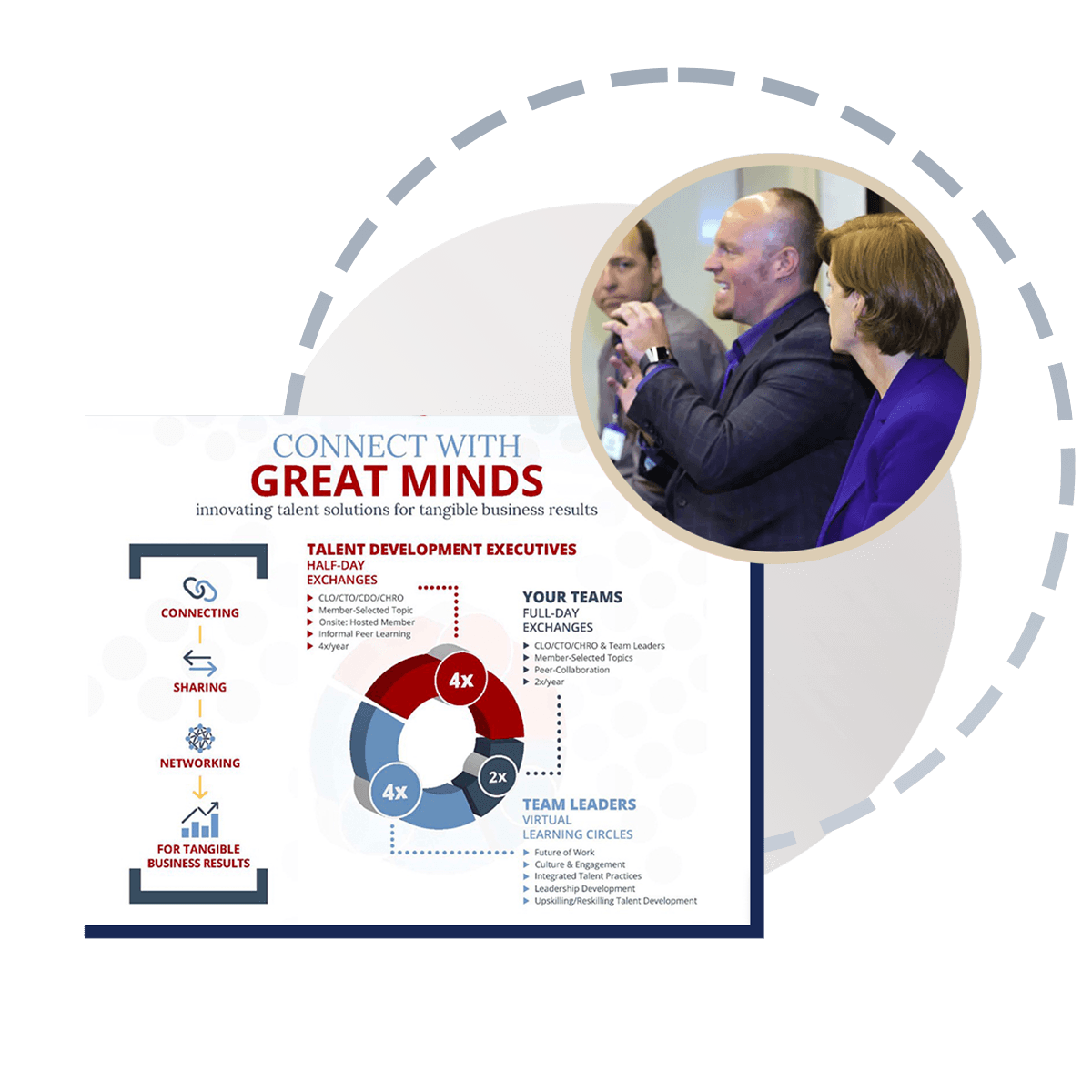This session provided invaluable insights into leading hybrid teams effectively, emphasizing the critical role of psychological safety, intentional leadership, and inclusivity in driving team success. As hybrid work becomes the norm, senior HR talent leaders face unique challenges in maintaining connection, equity, and productivity across dispersed teams.
“Without psychological safety, hybrid teams will struggle and fail to thrive.” -- Wendy Greeson
Here are three key takeaways to consider when designing hybrid work strategies:
- Foster Psychological Safety: Build environments where employees feel secure to share ideas, ask questions, and make mistakes. Clarity, autonomy, and trust are essential to sustaining high-performing hybrid teams.
- Address Hybrid Work Biases: Awareness and mitigation of biases such as proximity and visibility are crucial for equitable recognition, promotions, and opportunities. Leaders must be intentional in ensuring all team members feel valued and included.
- Adopt Purpose-Driven Policies: Intentional hybrid strategies, like core office days or team-building events, help foster connection and maintain team culture. Tailoring these initiatives to your organization’s needs creates alignment and improves engagement.
Senior HR talent leaders have an incredible opportunity to lead the way in redefining workplace collaboration and connection. By focusing on trust, fairness, and inclusivity, we can build teams that are not only resilient but also primed for long-term success.
